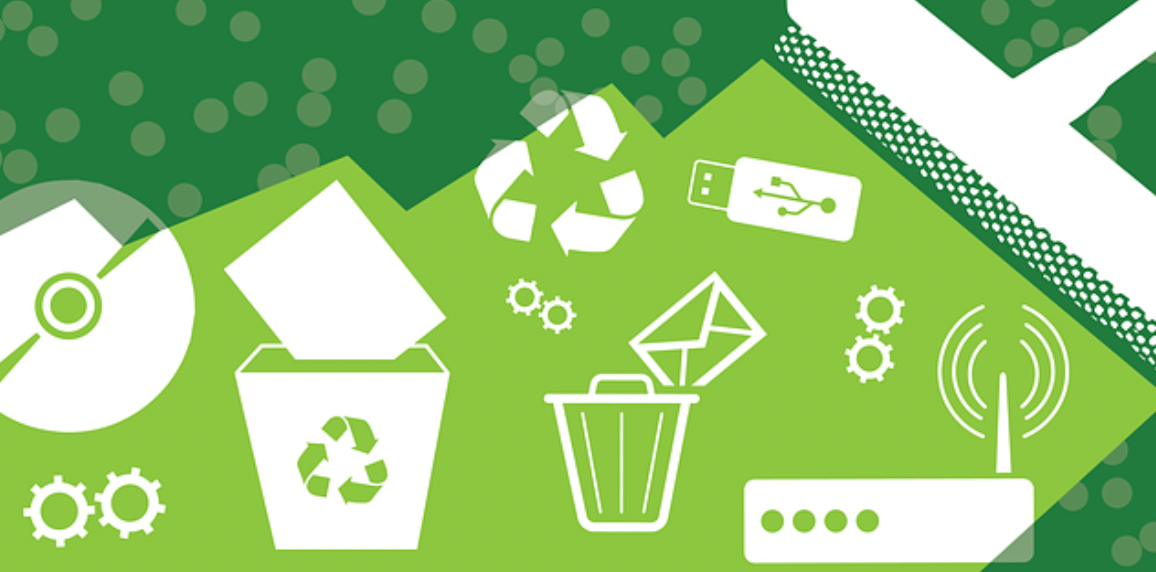In an era marked by rapid technological advancements, a conscientious approach to electronics usage and disposal is not just an option, it's a responsibility. Yet it can be challenging to find the right solutions when it comes to preventing electronics from ending up in a landfill, especially if your household uses several different types of devices. This article unveils a roadmap of best practices to navigate the complex landscape of modern electronics.
Advocate for Companies with Green Initiatives
It's imperative to support businesses that have integrated sustainability into their core operations. Such companies adopt eco-friendly methods from the manufacturing stage to the packaging process, often going a step further by ensuring that their components are sourced responsibly. Aligning with these businesses amplifies the collective voice for environmental sustainability and demonstrates a clear demand for ethical electronics.
Extend the Life Cycle of Electronic Devices
The allure of a shiny new gadget can sometimes overshadow the hidden potential of your current devices. A damaged or slow-performing device doesn't necessarily need a one-way ticket to the trash bin. Repairs, refurbishments, and even minor component replacements can breathe new life into gadgets. For instance, with the MPU-6050 circuit playing a crucial role in many devices for functions such as data processing and power regulation, you may be able to replace this one part and add years to your device. By sourcing components like this from sellers providing real-time inventory of quality parts, device longevity can be ensured, minimizing premature disposal.
Be Mindful with Your Purchasing
Before diving headfirst into the latest technological advancements, it's crucial to pause and evaluate. Every new electronic purchase should stem from a genuine need, rather than just a desire to keep up with the latest trends. Unwarranted consumption not only puts a dent in one's wallet but also accelerates the generation of electronic waste. Moreover, with the rapid pace of innovation, today's cutting-edge device might soon be eclipsed by tomorrow's invention. By assessing the real necessity of every purchase, one can ensure that each device acquired serves a purpose and reduces the overall impact of your e-waste footprint.
Prioritize Energy-Efficient Products
Electronics that boast certifications for energy efficiency, such as the internationally recognized ENERGY STAR, are designed to consume less power. By opting for these devices, not only is electricity consumption curtailed, but one also actively reduces the environmental footprint. Additionally, these energy-efficient devices often translate to financial savings in the long run, thanks to reduced utility bills. This choice, in turn, mitigates the larger effects of global warming and conserves resources for future generations.
Safeguard the Environment through Proper Disposal
While the aim should always be to extend the life of electronic devices, there will inevitably come a time when disposal is the only option. In such cases, it's paramount to adhere to established e-waste disposal norms. Engaging with local recycling centers or organizations specializing in electronics disposal can be a responsible choice. By ensuring that devices are discarded in an environmentally sound manner, one can prevent harmful materials from seeping into the earth and water sources, thus preserving ecosystems and ensuring the health and well-being of communities.
Elevate Awareness to Drive Change
Knowledge is a potent tool, and when it comes to e-waste management, staying informed can make a world of difference. By understanding the intricacies of electronic waste and its implications, one can make informed decisions. Harnessing digital platforms or community workshops to disseminate information can further the reach. Moreover, sharing this knowledge with peers through social media magnifies its impact. Spreading the word creates a ripple effect, promoting responsible electronics consumption and disposal within communities, inspiring many to adopt ethical practices.
The intersection of technology and sustainability presents a unique challenge in the modern world. Yet, by adopting the practices outlined above, it becomes possible to enjoy the marvels of technology without compromising the well-being of the planet. In making these conscious choices, individuals not only protect the environment but also set a precedent for future generations. This collective effort, when embraced on a global scale, has the power to reshape the landscape of electronics consumption and disposal, ushering in a new era of ethical tech engagement.
By guest author, Maggie Berry












